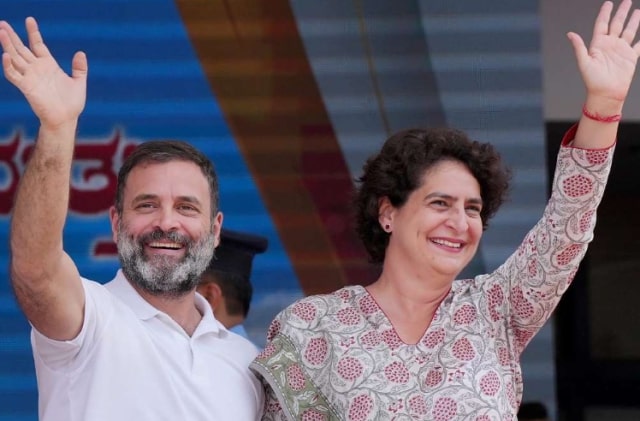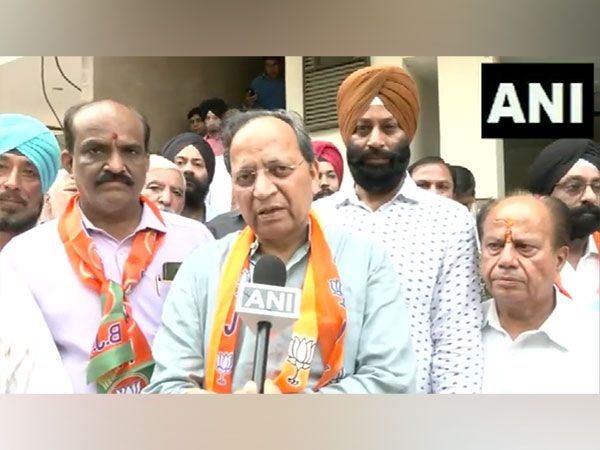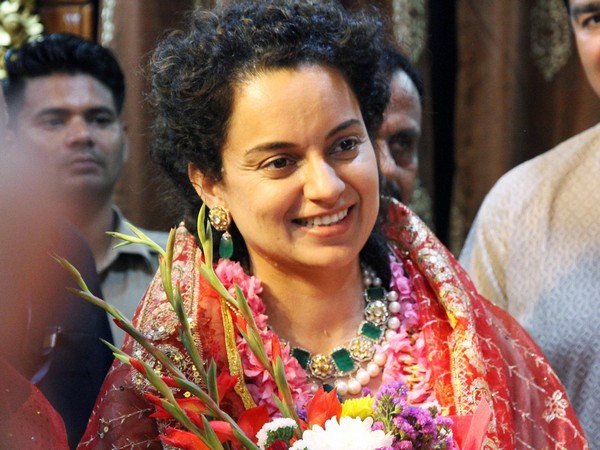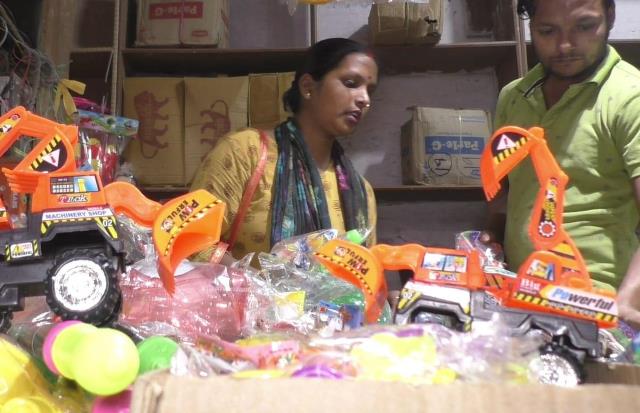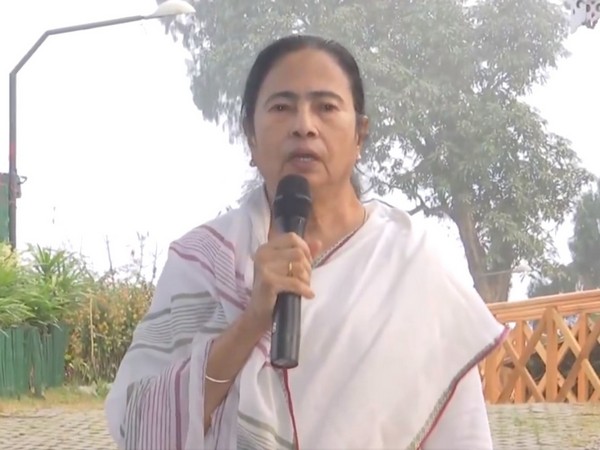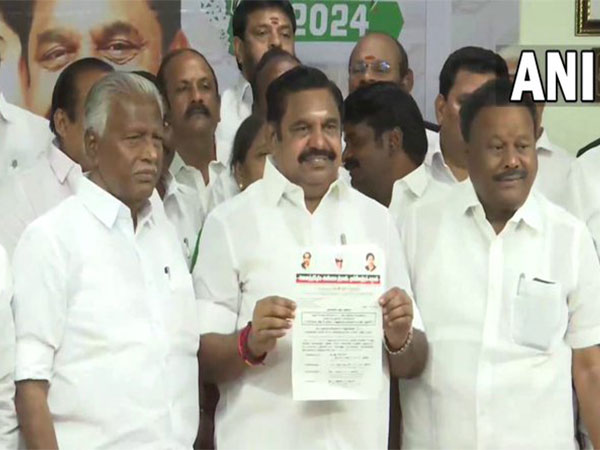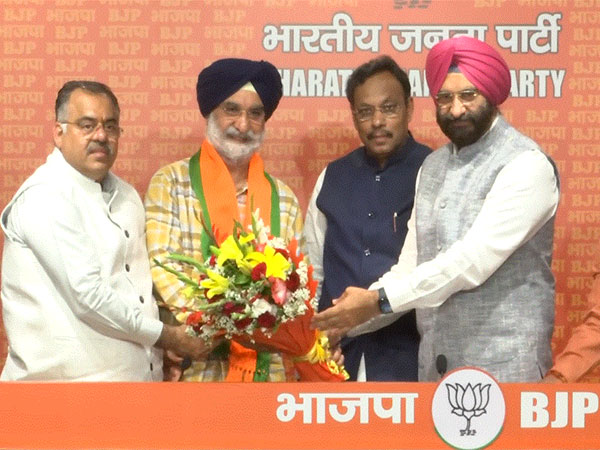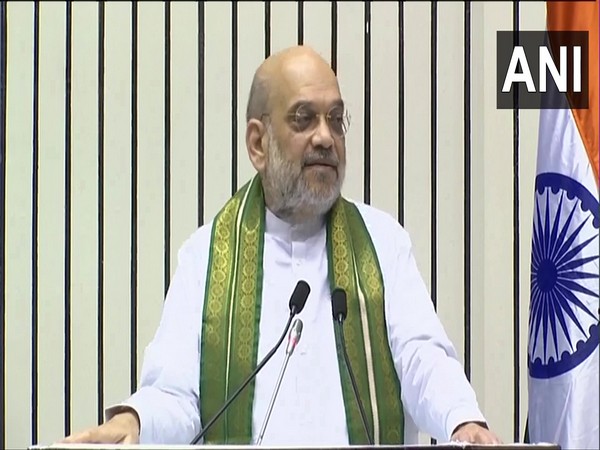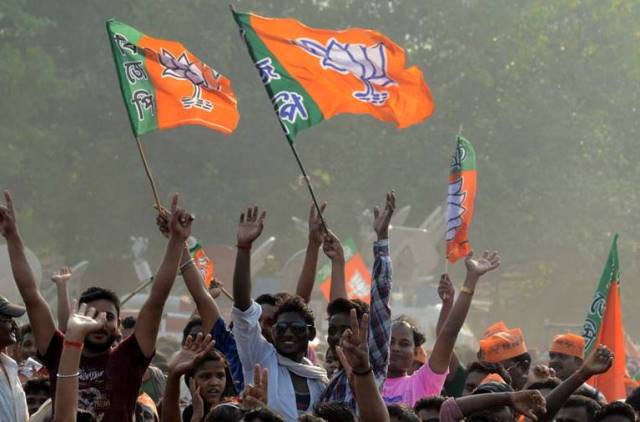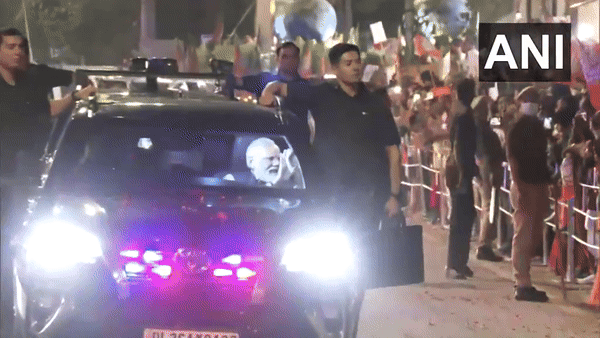A few days after the Lok Sabha election results came out and Rahul Gandhi, who had fought them from two constituencies–Rae Bareli in Uttar Pradesh and Wayanad in Kerala–and got elected from both, addressed the question of which constituency he would give up and which one he would represent in Parliament. At a public meeting in Wayanad, Gandhi, 54, told the people of the rural district that had elected him to Parliament in 2019 and again this year that he hoped what he would decide would make both, Wayanad and Rae Bareli, happy.
As it happened, Gandhi chose to keep Rae Bareli as his constituency and give up Wayanad. Then, shortly afterwards, his Congress party announced that Gandhi’s sister, Priyanka, a general secretary of the party, would contest the bye-elections from the Wayanad seat that he had vacated. That is what Gandhi had alluded to when he said his decision would make the people of both constituencies happy.
Indeed, Wayanad will likely be happy to elect Priyanka, 52, to replace her brother and it is highly likely that she will win. In Kerala, where of the 20 Lok Sabha seats, the Congress-led United Democratic Front (UDF) won 18, the Bharatiya Janata Party (BJP) is unlikely to pose a challenge for her.
More significant is the fact that if Priyanka is elected to the Lok Sabha, Parliament will have three Gandhis sitting as members: former Congress president Sonia Gandhi, 77, is a member of the upper House, Rajya Sabha, and her two children, Rahul and Priyanka would be Lok Sabha members.
The biggest criticism that the Congress party faces from its main rivals, notably the BJP, which formed the coalition government that Narendra Modi heads in his third term as Prime Minister, is that it is a political party with a dynastic leadership. That is not inaccurate. For decades, Congress’ leadership has been controlled by the Nehru-Gandhi dynasty. Rahul and Priyanka Gandhi’s father, grandmother, and great grandfather, have all been Prime Ministers of India. Their mother, Sonia, was the longest serving president of the Congress party, taking over in 1998 and continuing till 2017 after which she returned as head of the party in 2019 for another three years. Rahul Gandhi himself has served as the party president for two years from 2017 to 2019.
Congress and the ‘Gandhi’ Factor
Yet, for the Congress, the Gandhi factor is what has kept the party going through the years. ‘Gandhi’ seems to be the glue that binds that party together, through thick and thin. In the past decade, the party has suffered huge setbacks. In the 2014 Lok Sabha elections, when Modi led the BJP and its allies to a decisive victory by winning 336 of the 543 seats, the Congress managed to win only 44, a historic low for the party. In the following elections, in 2019, when BJP and its allies won 353 seats, the Congress won just 52.
In this year’s elections, the Congress has clawed back. While the BJP and its allies have a smaller majority of 293 seats, the Congress-led Indian National Development Inclusive Alliance (INDIA), a potpourri of mainly regional parties, won 234 seats. Significantly, 99 of those seats were won by the Congress.
At least in part, the better performance by the Congress and its allies in this year’s elections can be attributed to the Congress’ leadership. Rahul Gandhi, who has been criticised, often justifiably, for his lack of consistency in leading the party–for the record, he holds no official post in the Congress but is perceived to be its most empowered leader (an enviable position to have!)–demonstrated a sort of grassroots commitment to voters that was in sharp contrast with his main rival, Modi and the BJP.
To increase his party’s electoral engagement, Gandhi undertook two marches across the length and breadth of India, addressing citizens and interacting with them. His party also changed its way of dealing with allies and smaller regional parties. In the past, the Congress, partly because of the hubris of having been a dominant player in India’s political landscape, has treated its smaller allies with condescension. This time, it depended more on their support in states such as Uttar Pradesh and Maharashtra where regional parties outdid the BJP and its allies.
Although Congress’ president is not Gandhi but a veteran party leader, Mallikarjun Kharge, 81, he is perceived as the de facto leader of the opposition alliance, INDIA, and it has been the Gandhi factor that has helped in keeping the alliance together and enable it to score electoral wins that kept the BJP and its allies in check.
ALSO READ: Rahul Told Me Bharat Jodo Yatra Is His Tapasya
The most important outcome of the election for the Congress has been that after 10 years, it has been able to win 99 seats, which is higher than 10% or 55 of the total Lok Sabha seats needed for it to be able to appoint a Leader of Opposition (LOP) in Lok Sabha, a post that will in all likelihood go to Rahul Gandhi.
While Gandhi can leverage the legitimacy of that position to coordinate with more authority the Opposition’s strategy in Lok Sabha when it convenes on 24 June, the induction of Priyanka Gandhi in the party’s electoral politics is yet another factor that could bolster Congress’ Lok Sabha presence.
Priyanka’s role in Congress’ politics has thus far been as a backroom, behind-the-scenes worker. In this year’s elections, she campaigned across India but concentrated her efforts in Rae Bareli where her mother stepped aside to let her brother contest, and in Amethi, the other UP constituency from where her brother had lost to the BJP’s firebrand leader Smriti Irani in 2019. In Amethi, Priyanka campaigned aggressively this time for the Congress candidate, Kishori Lal Sharma, a longtime loyalist of the Gandhi family, who defeated Irani.
Congress’ Priyanka Strategy
Priyanka’s entry into electoral politics can have a strategic impact on the future of Congress. If Priyanka wins from Wayanad, the two disparate regions of India, the north and the south, will both have a ‘Gandhi’ as a parliamentarian. This is significant, particularly because the BJP and its allies are weakest in the southern states.
Moreover, if she becomes a member of the Lok Sabha, the Congress will have strengthened its presence in Parliament. In the Rajya Sabha, the Congress already has Sonia Gandhi, a respected veteran as the Congress Parliamentary Party chief, Kharge, who is the party’s president, and Jairam Ramesh, the party’s chief spokesperson. Consider them as part of Congress’ seniors. If Priyanka wins from Wayanad, she and her brother would be in the Lok Sabha, representing the party’s younger generation of leaders.
In the run-up to this year’s election, campaigning by both sides was marked by acrimony, accusations, and ugly confrontations. Modi, who was the star campaigner for the BJP and its allies, dominated the scene with dozens of TV interviews, rallies, and a social media blitz.
Yet, for those who tracked Priyanka’s public meetings and media interactions, a few things stood out. Temperamentally, she came across as a mature politician with a balanced and objective approach to issues–whether they were focused on what the average Indian seeks from those who they want to elect to govern the country or against personal attacks made against her party and family by the ruling regime’s campaigners.
Compared to the often mercurial and sometimes inconsistent public stance of her brother–attributes that many political analysts have frequently critiqued–Priyanka’s approach has usually been a more considered one. In public speeches, she seemed unflappable yet firm and powerful when she took on her opponents, and, in media interviews, she came across as sharp, sincere, and committed.
Sonia Gandhi, who has been keeping indifferent health, has been gradually ceding much of her active role in Congress’ politics. She has withdrawn from electoral politics of the lower house. She has given up her role as the party’s formal boss, and she was far less visible during this year’s campaigning than she has been in the past.
Gradually, her role is likely to diminish further while the two younger Gandhis take up the leadership of the party. Yes, Priyanka’s entry into electoral politics will further consolidate the dynastic domination of the Congress’ leadership but then the ‘Gandhi’ glue more than anything else is what keeps that party together. India’s best-known adhesive brand is Fevicol. And one of its most iconic taglines is “Fevicol Ka Mazboot Jod Hai Tootega Nahi!” For the Congress, like it or not, the Gandhis are the Fevicol that keeps the party together.
For more details visit us: https://lokmarg.com/
